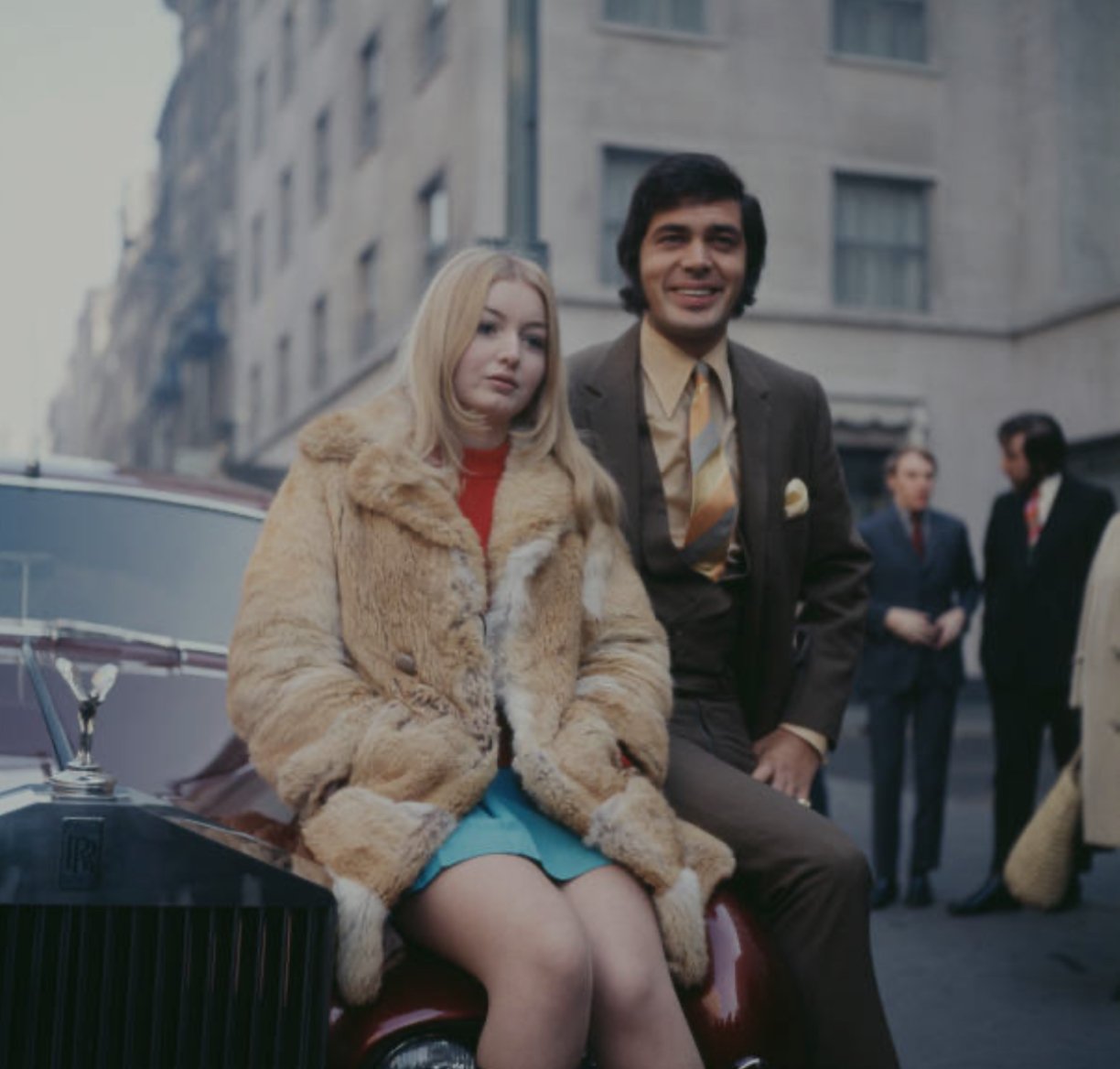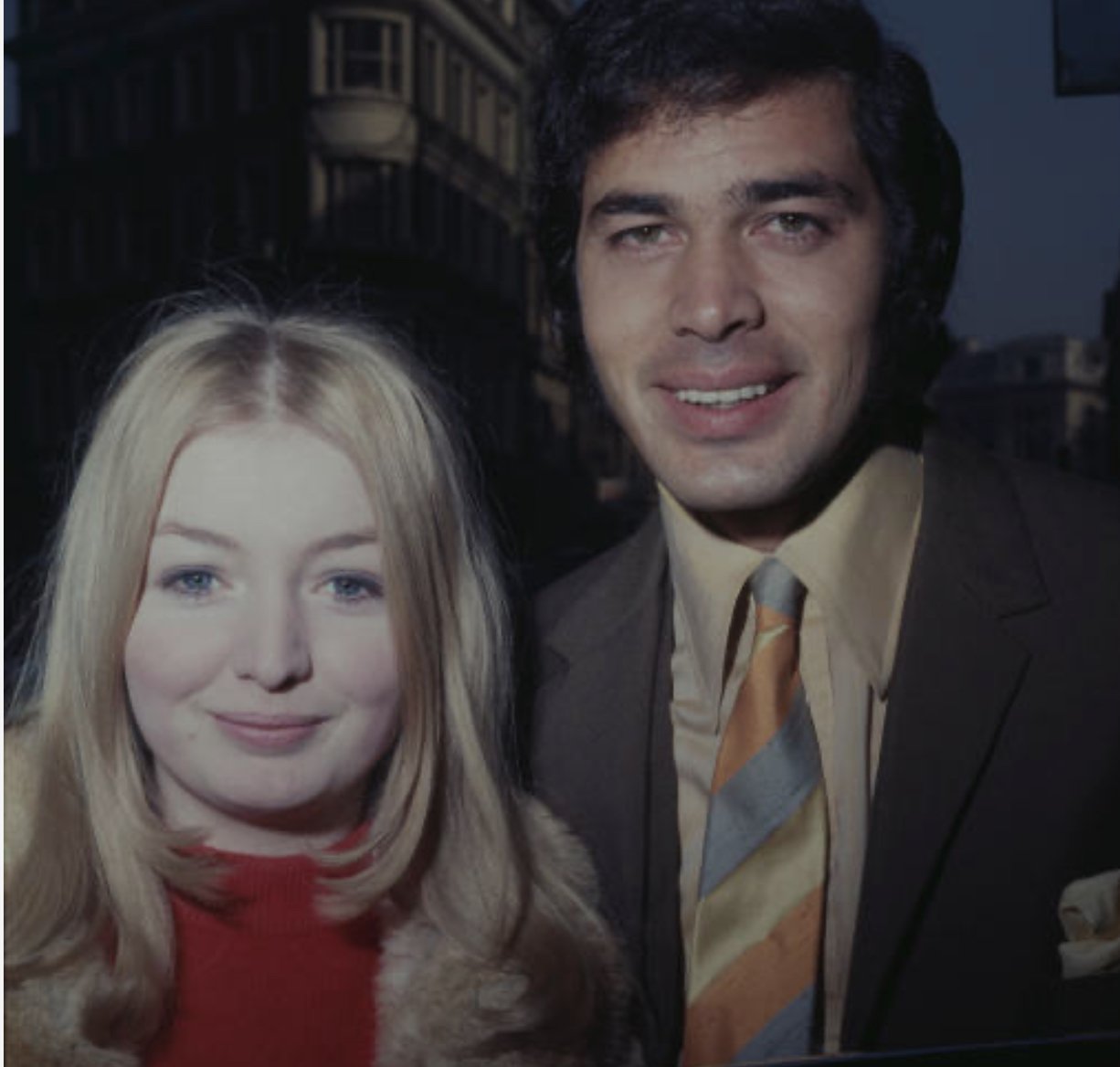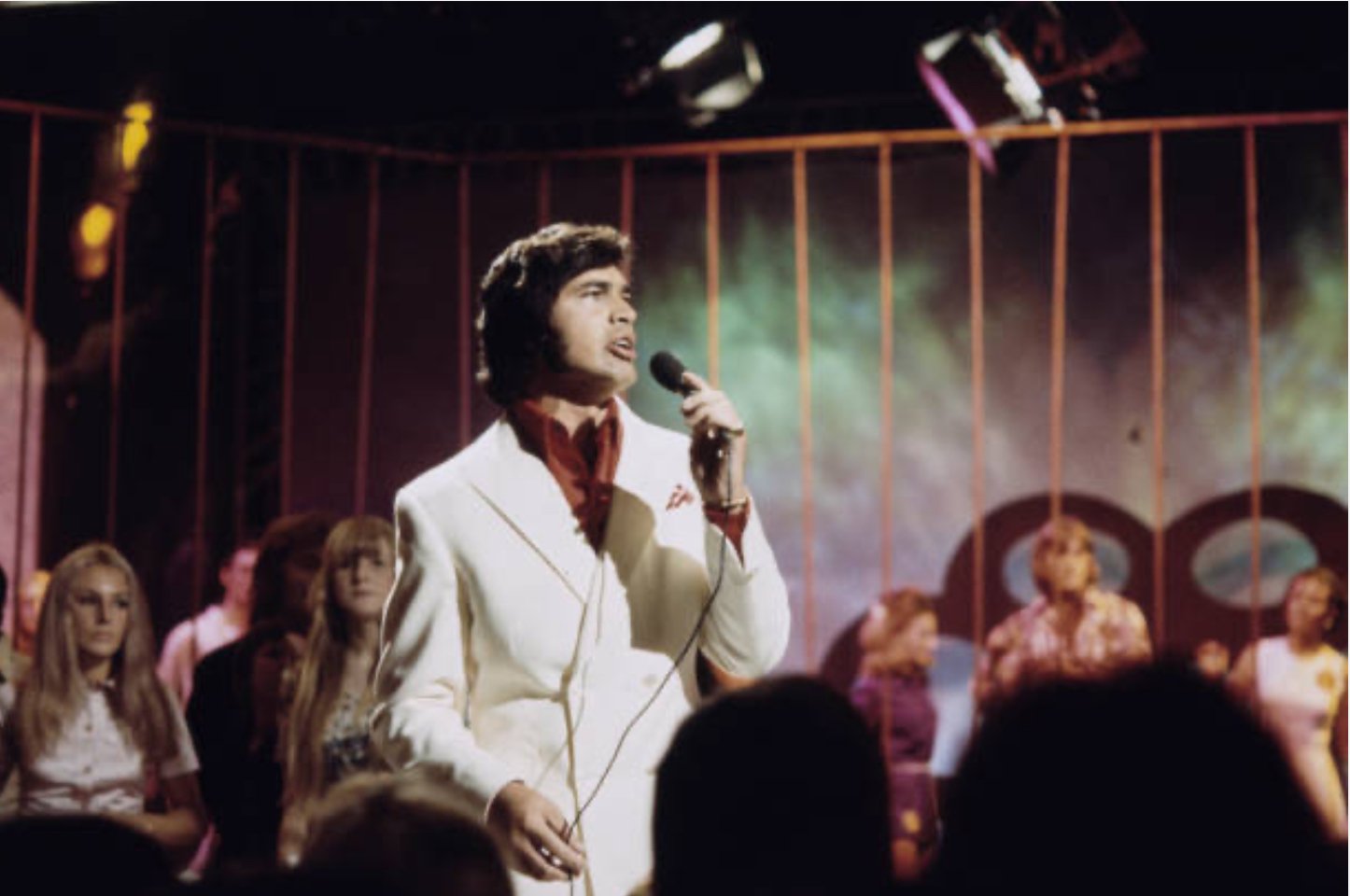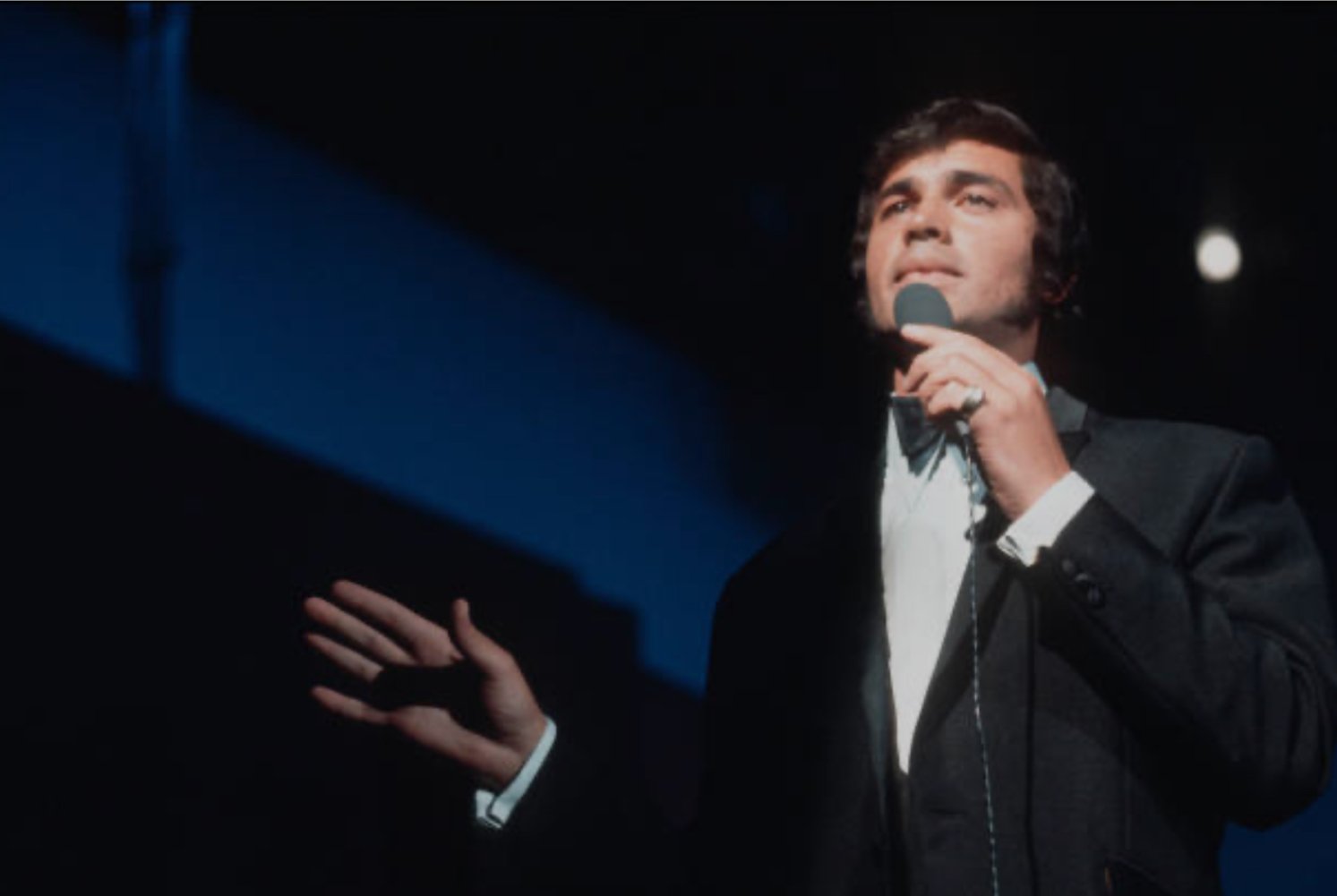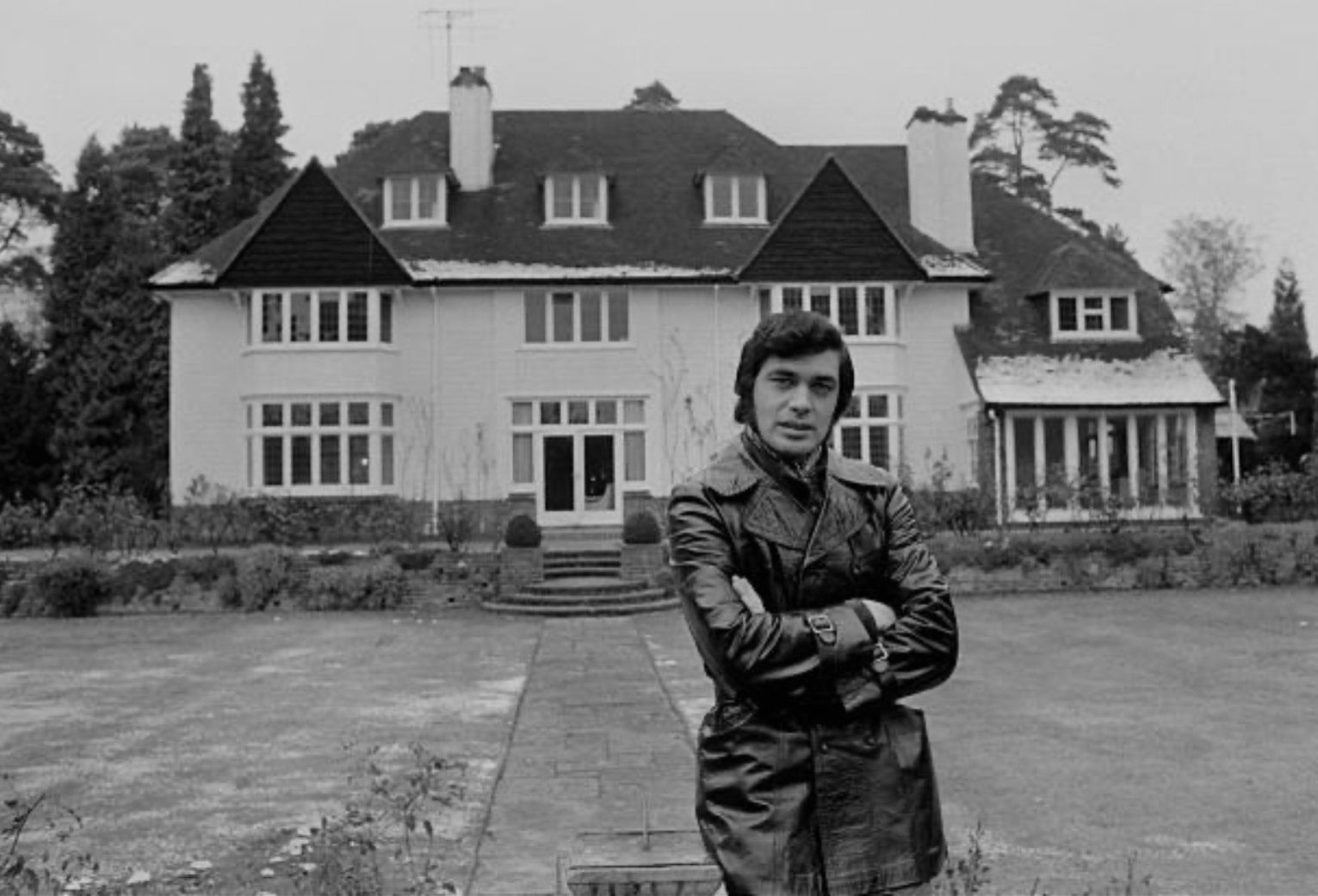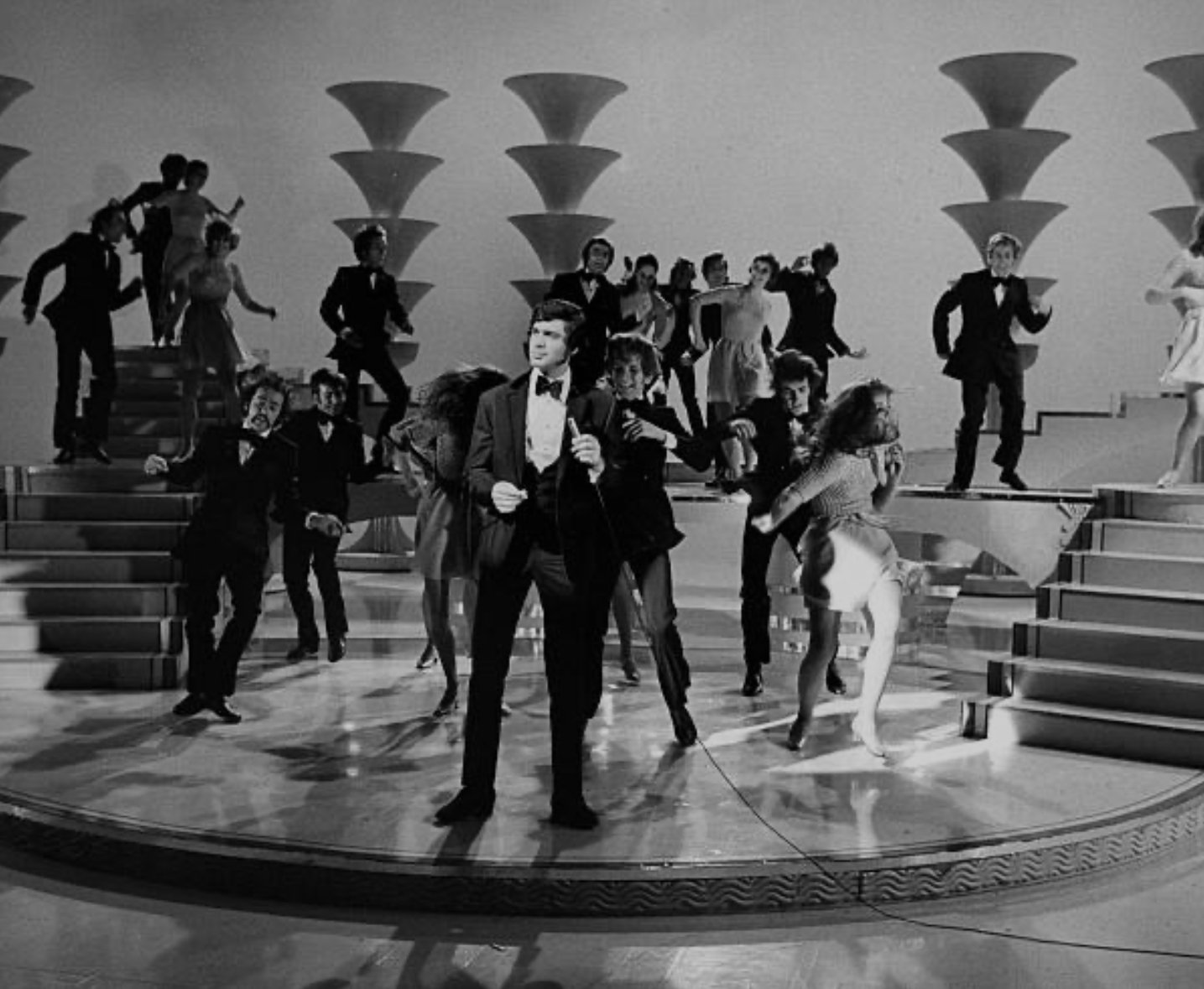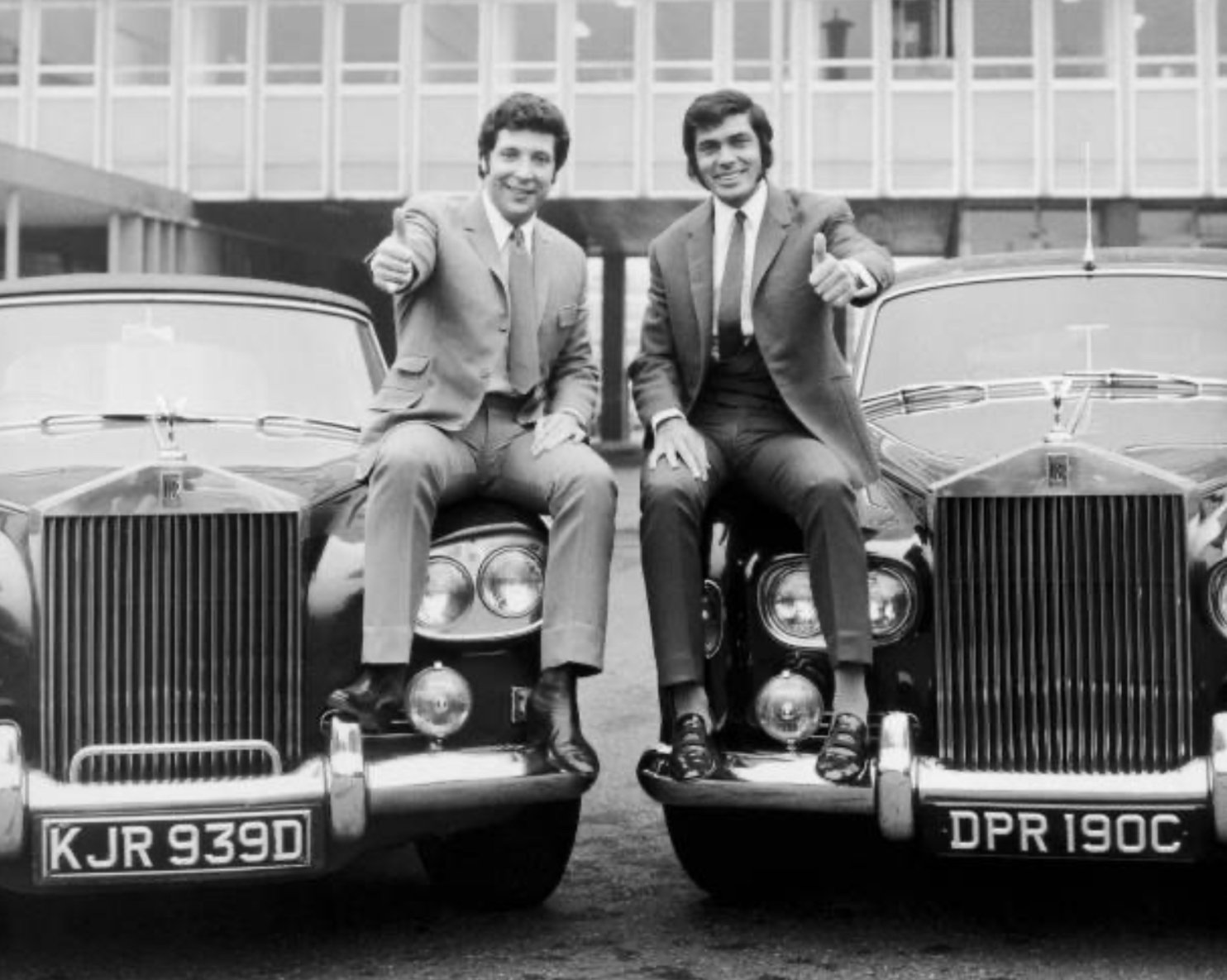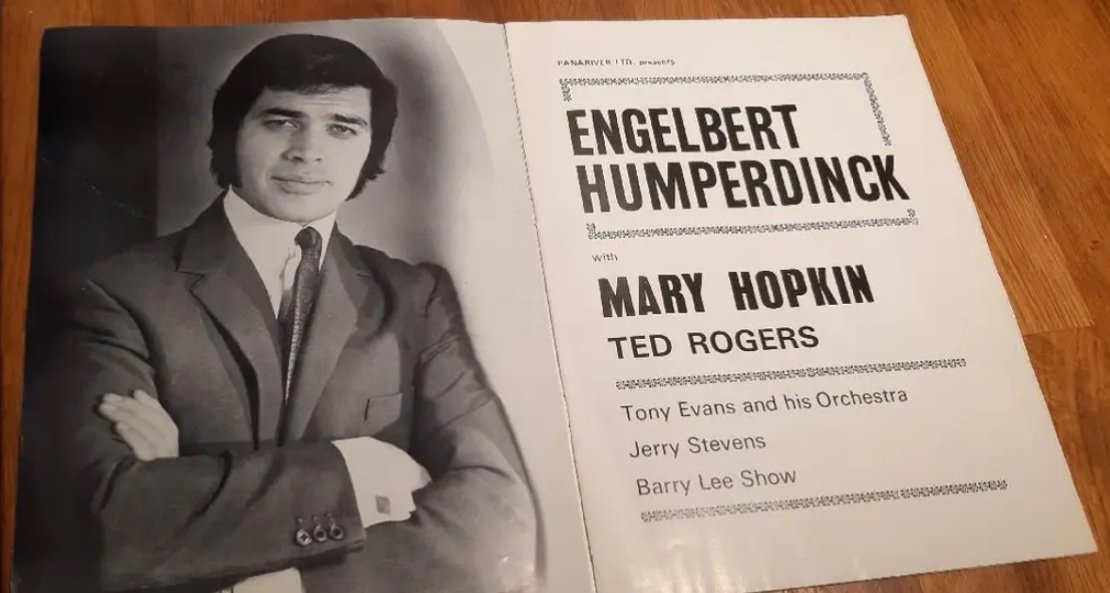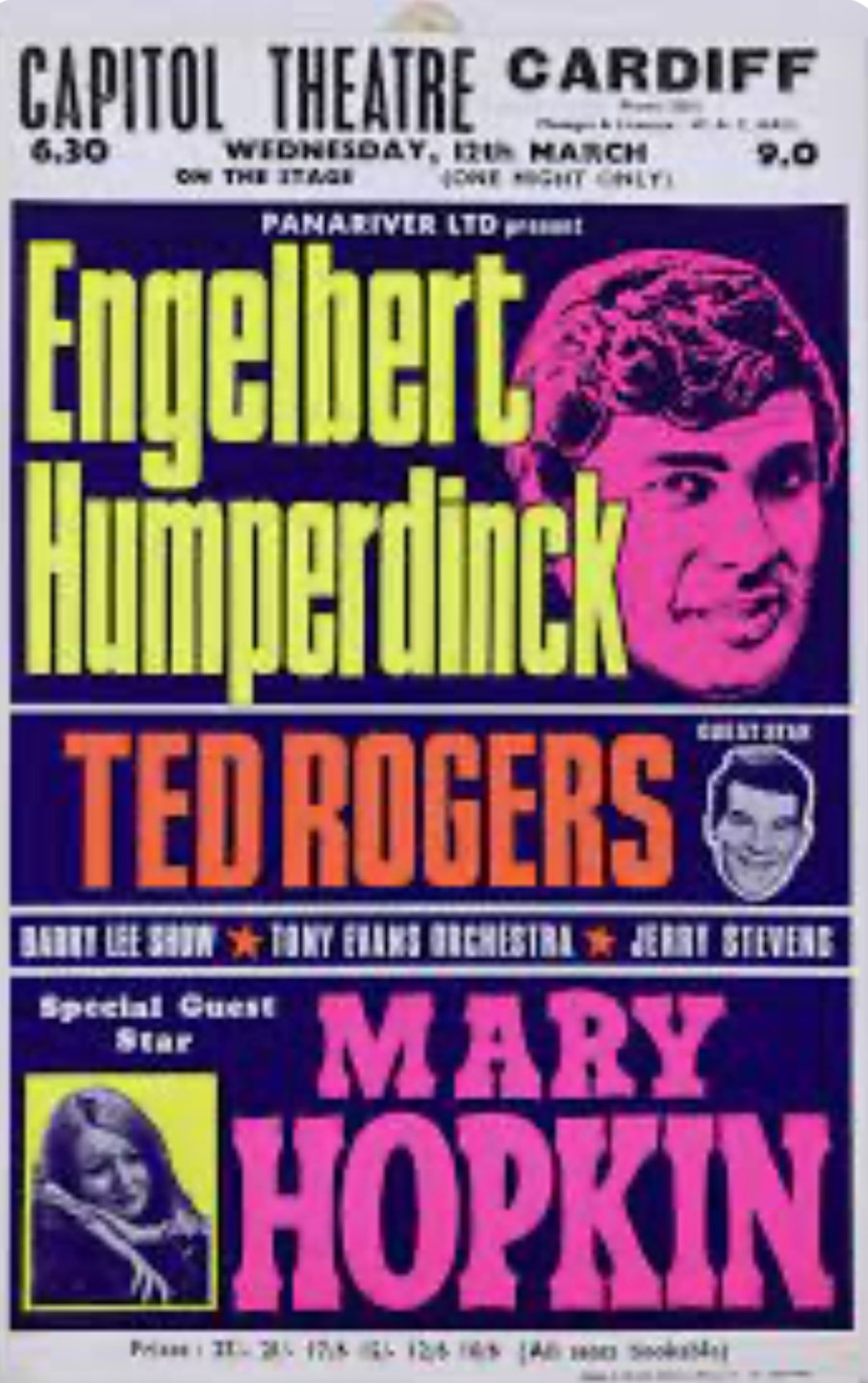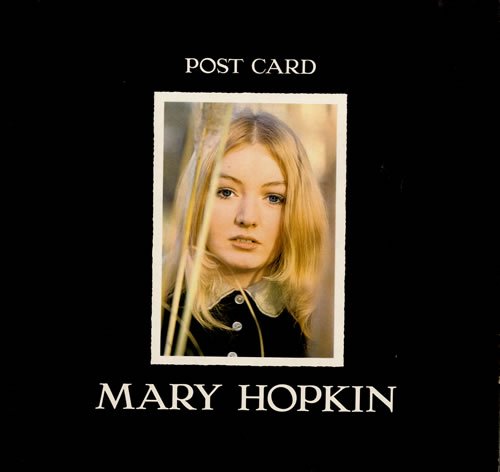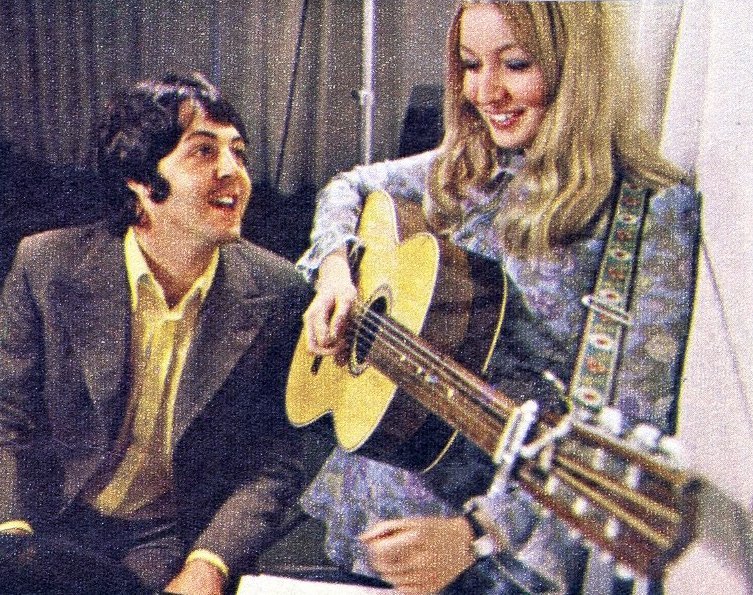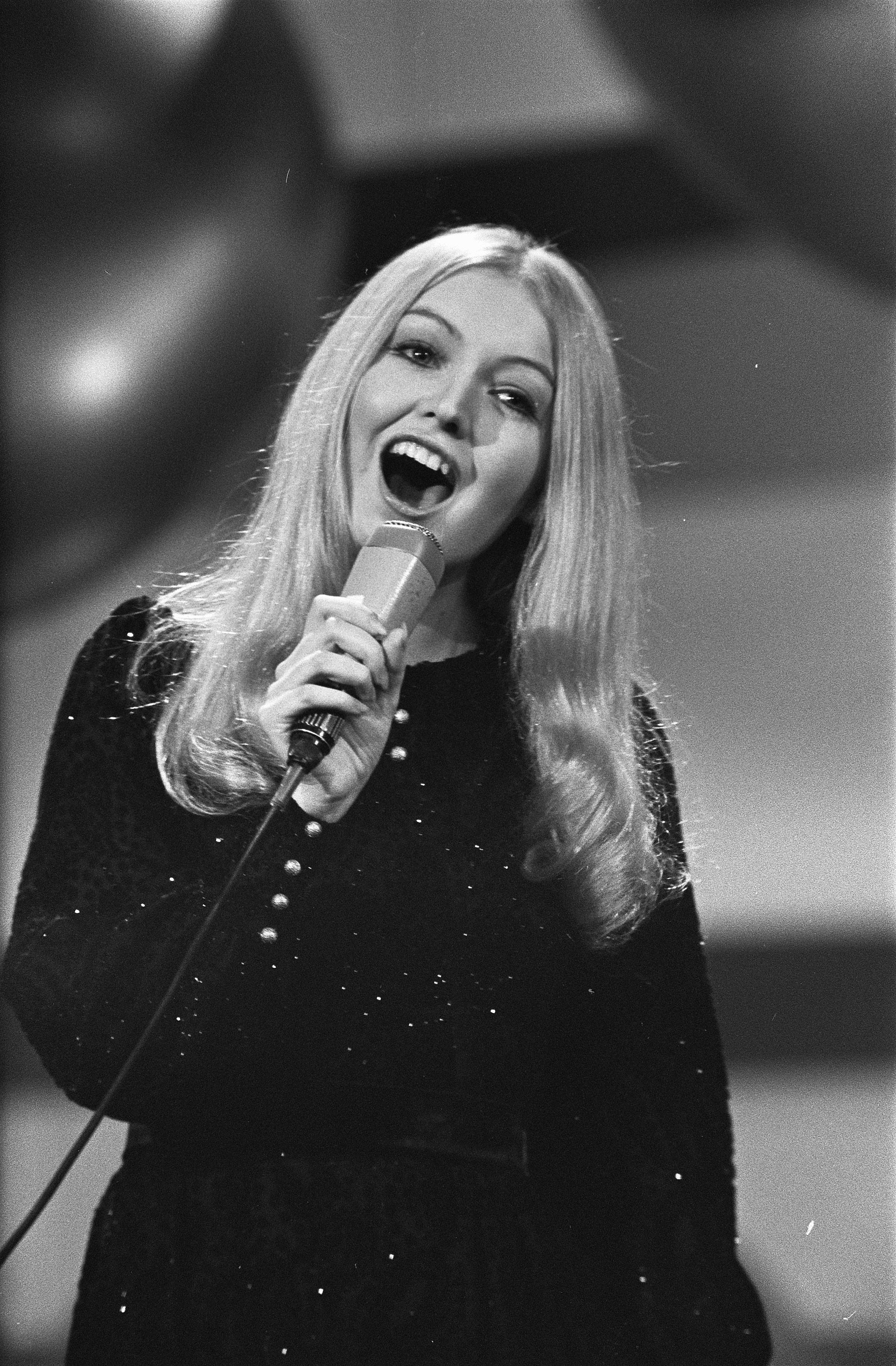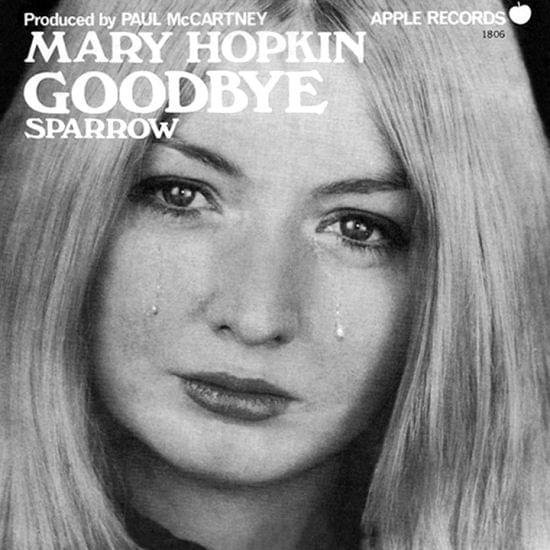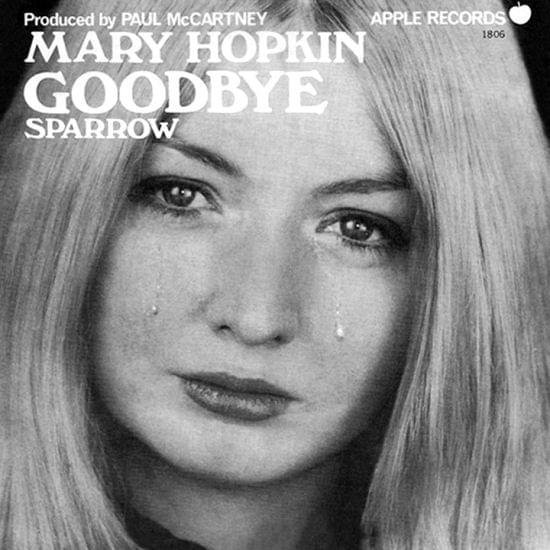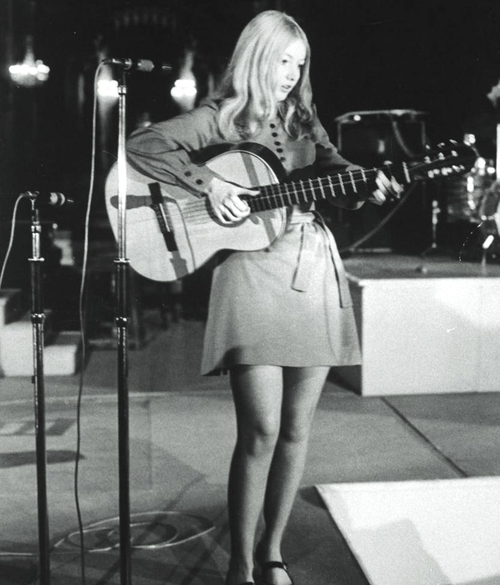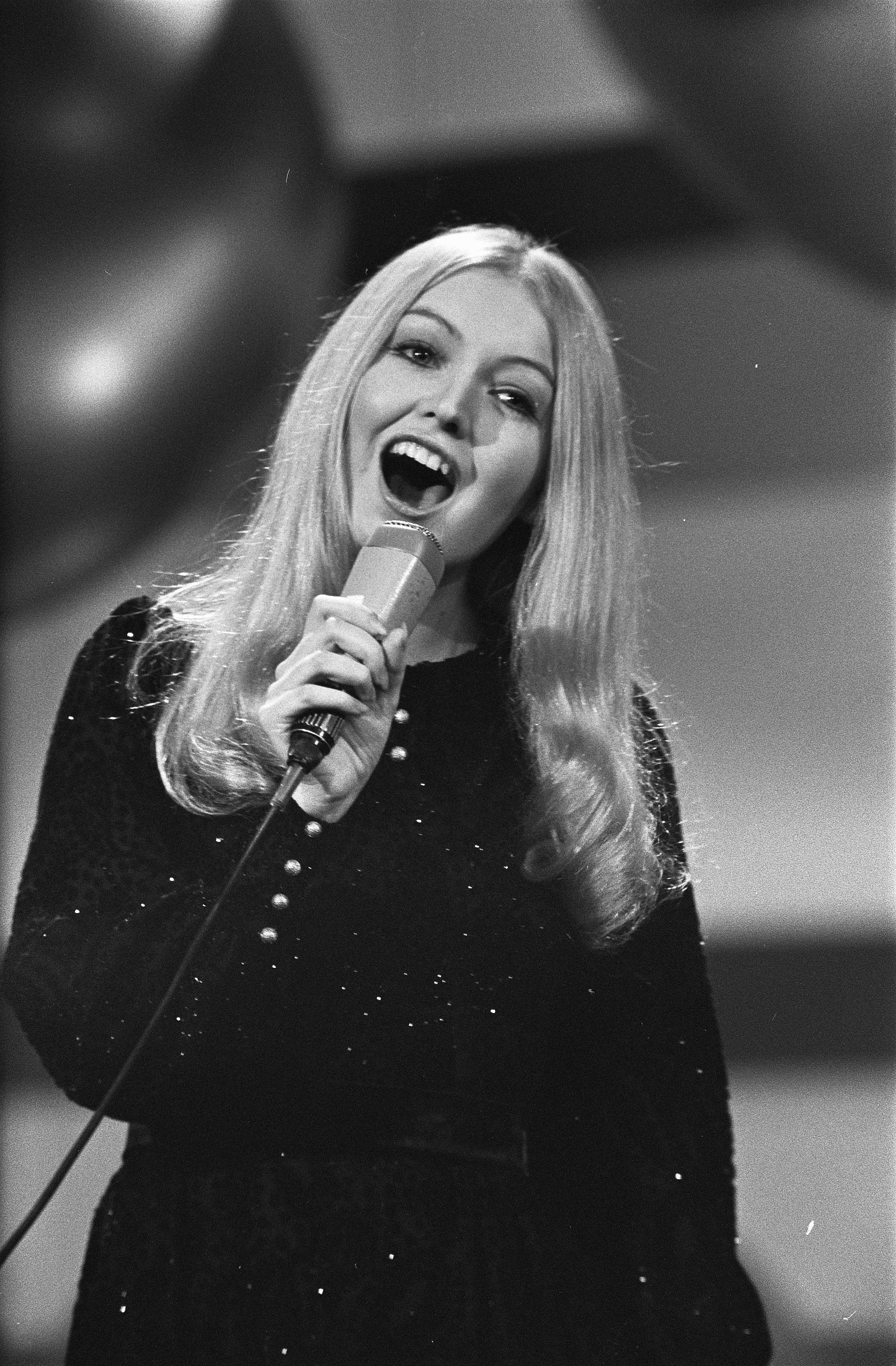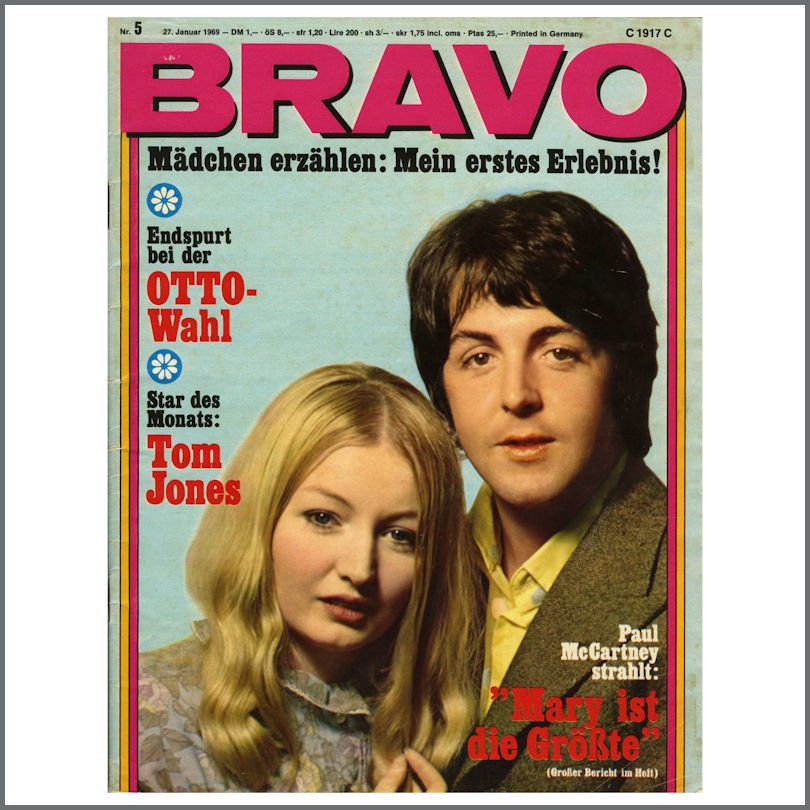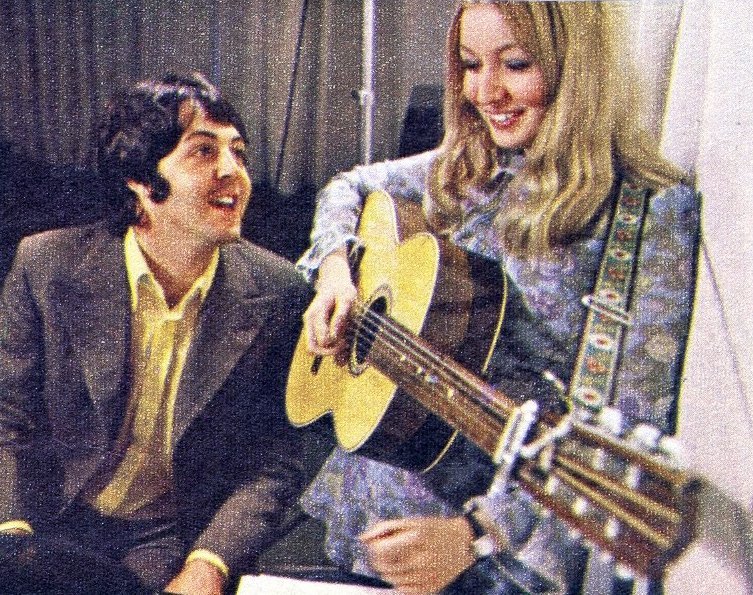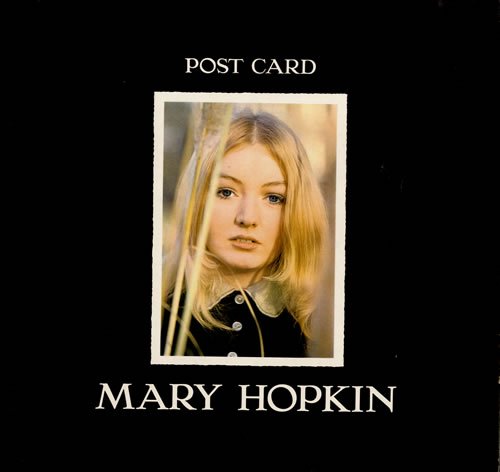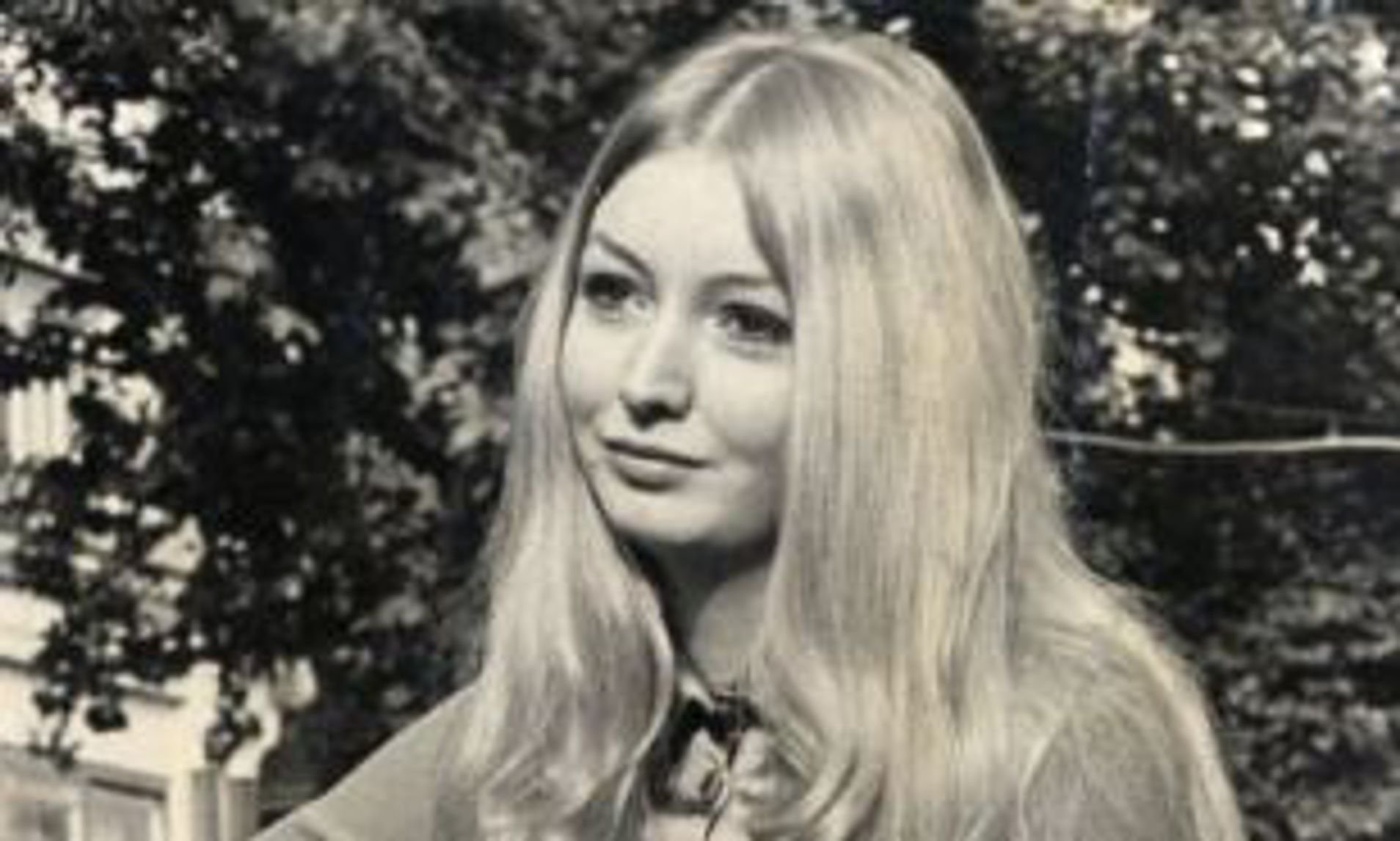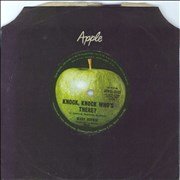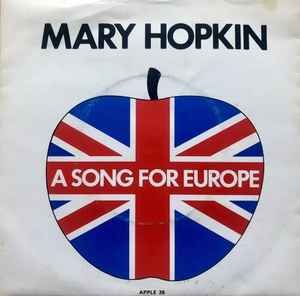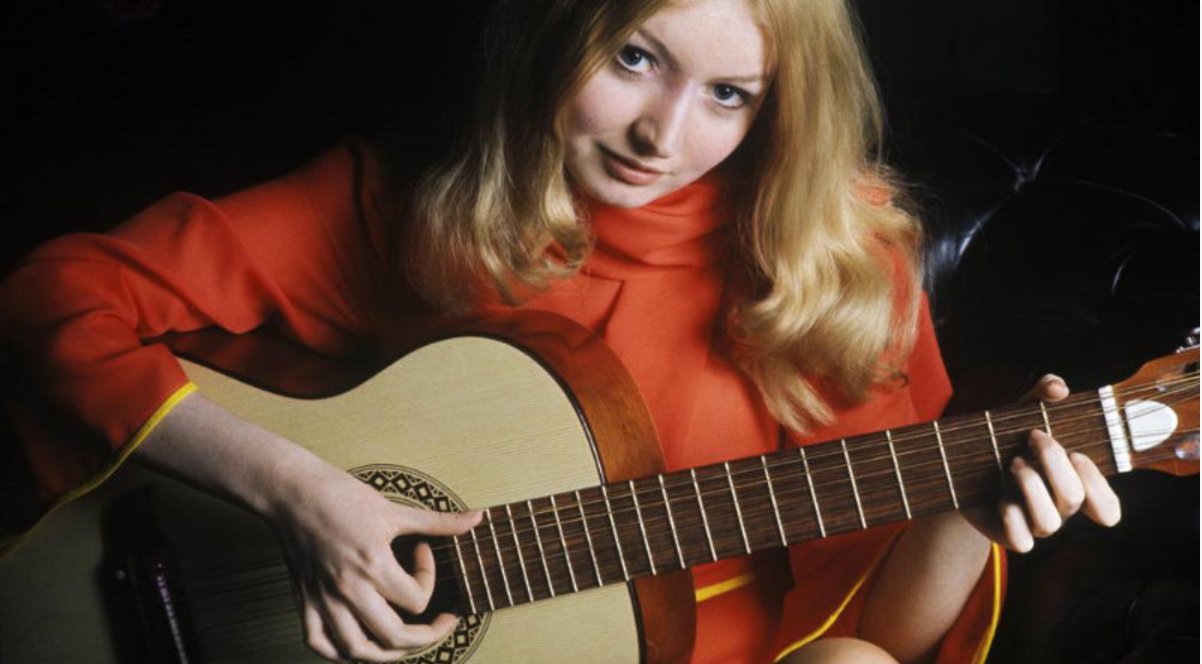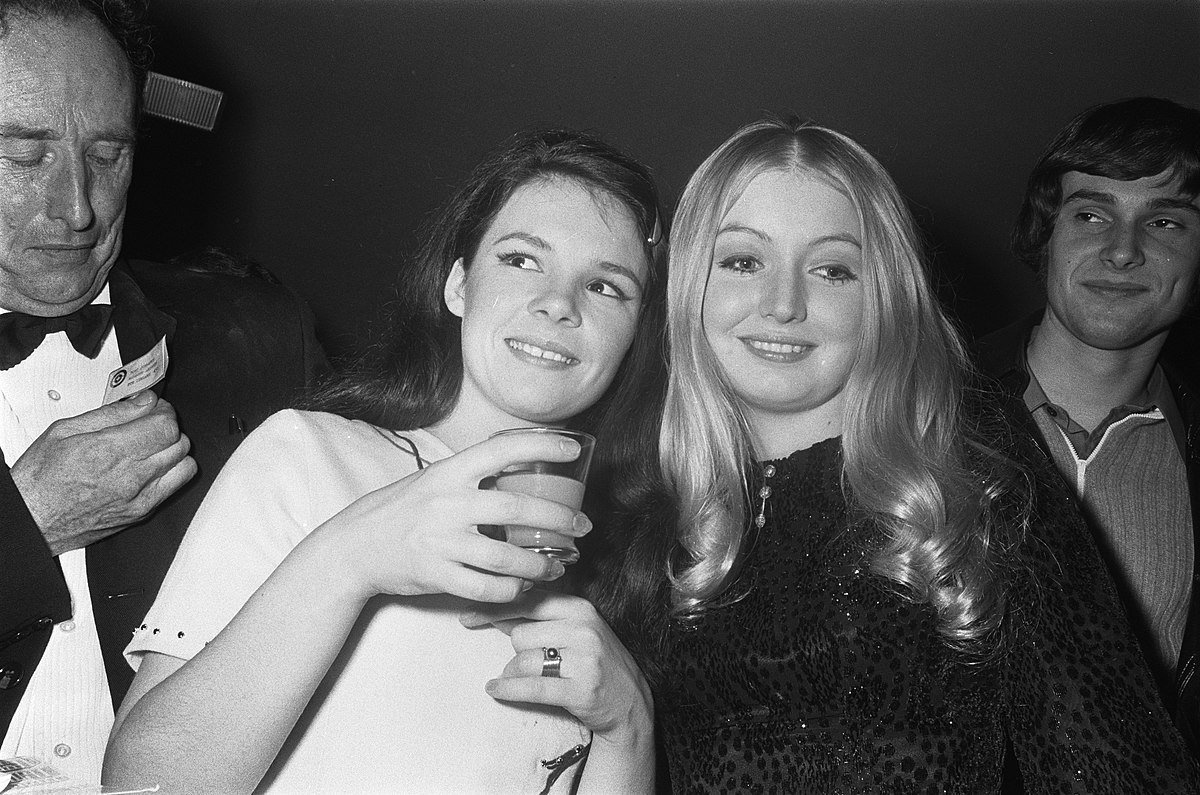Images may be subject to copyright
On this day, 12 March 1969, British singer Engelbert Humperdinck played Cardiff’s Capitol Theatre. Support was provided by comedian Ted Rogers with special guest the Welsh songstress Mary Hopkin.
Starting as a performer in the late 1950s under the name "Gerry Dorsey", he later adopted the name of German composer Engelbert Humperdinck as a stage name and found success after he partnered with manager Gordon Mills in 1965.
His recordings of the ballads "Release Me" and "The Last Waltz" both topped the UK Singles Chart in 1967, selling more than a million copies each. Humperdinck scored further major hits in rapid succession, including "There Goes My Everything" (1967), "Am I That Easy to Forget" (1968) and "A Man Without Love" (1968). In the process, he attained a large following, with some of his most devoted fans calling themselves "Humperdinckers". Two of his singles were among the best-selling of the 1960s in the United Kingdom.
In early 1967, the changes paid off when Humperdinck's version of "Release Me" topped the charts in the United Kingdom and hit No. 4 on the US Billboard 100. Arranged by Charles Blackwell in an "orchestral country music" style, with Big Jim Sullivan and Jimmy Page as session musicians and a full chorus joining Humperdinck on the third refrain, the record kept the Beatles' "Strawberry Fields Forever"/"Penny Lane" from the top slot in the United Kingdom (for the first time since 1963).
The B-side of "Release Me", "Ten Guitars", continues to be enormously popular in New Zealand. "Release Me" spent 56 weeks in the Top 50 in a continuous chart run, and was believed to have sold 85,000 copies a day at the height of its popularity. The song has remained at the core of Humperdinck's repertoire ever since. Humperdinck's easygoing style and good looks soon earned him a large following, particularly among women. His hardcore female fans called themselves "Humperdinckers". "Release Me" was succeeded by two more hit ballads: "There Goes My Everything" and "The Last Waltz", earning him a reputation as a crooner, a description which he disputed. As Humperdinck told Hollywood Reporter writer Rick Sherwood:
"f you are not a crooner it's something you don't want to be called. No crooner has the range I have. I can hit notes a bank could not cash. What I am is a contemporary singer, a stylised performer."






